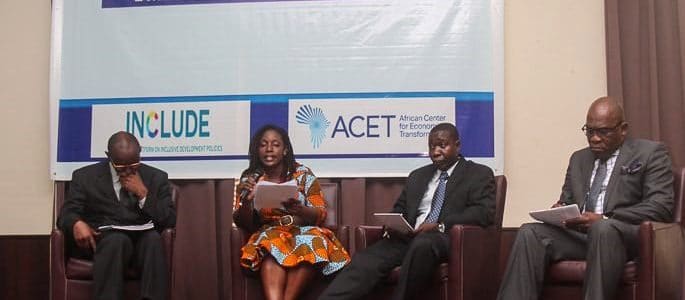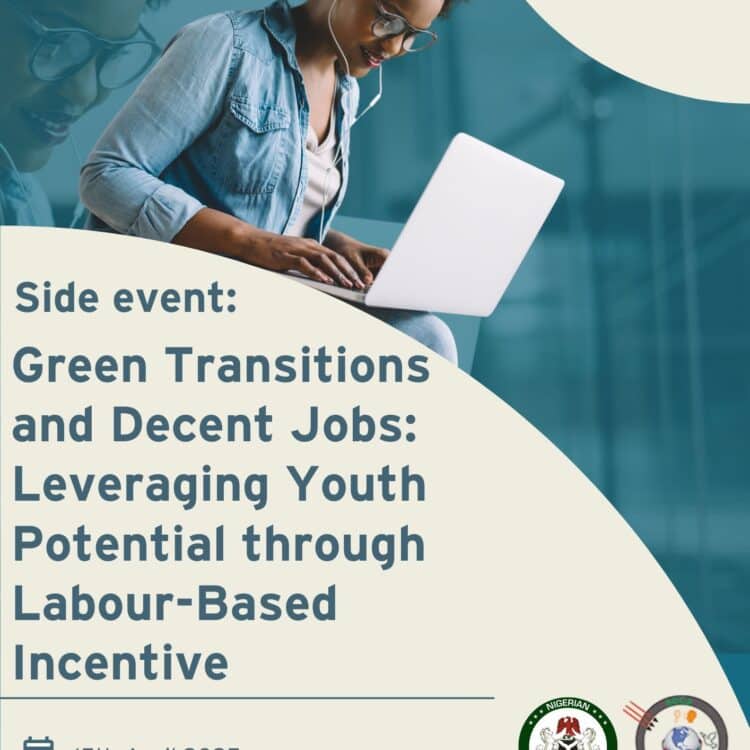
The African Policy Dialogue (APD) on youth employment in Ghana has developed a report that summarises their activities, outputs and outcomes.
The objectives of this APD were to raise the youth employment discourse beyond media rhetoric and to get political parties to incorporate the ideas and suggestions of stakeholders for addressing the youth employment challenge in the country into their manifesto. This APD was initiated to focus on employment issues when campaigns for the 2016 local and national elections in Ghana were ongoing. High cost of living and youth unemployment were top campaign agenda themes although key political players did not seem to clearly understand employment issues and articulate solutions to address it as part of their campaign agenda. The APD successfully organised two national policy dialogues with key stakeholders including political parties and broad coverage of the issues in the media.
The key achievement of this APD was that key stakeholders reached a consensus on the labour market challenges that the country was experiencing and the need to prioritize strategies to address the challenges. Consequently, job creation became the main agenda item during the electoral campaigns to the extent that the main opposition party (which won the election later on) titled their Manifesto “Change: An agenda for jobs”. The employment generation strategy in the Manifesto was anchored on industrialisation linked with modernised agriculture with two key campaign issues – “one district, one factory”, and “one village, one dam” alongside “planting for food and jobs” to show the party’s commitment to promoting employment generation of their government.




